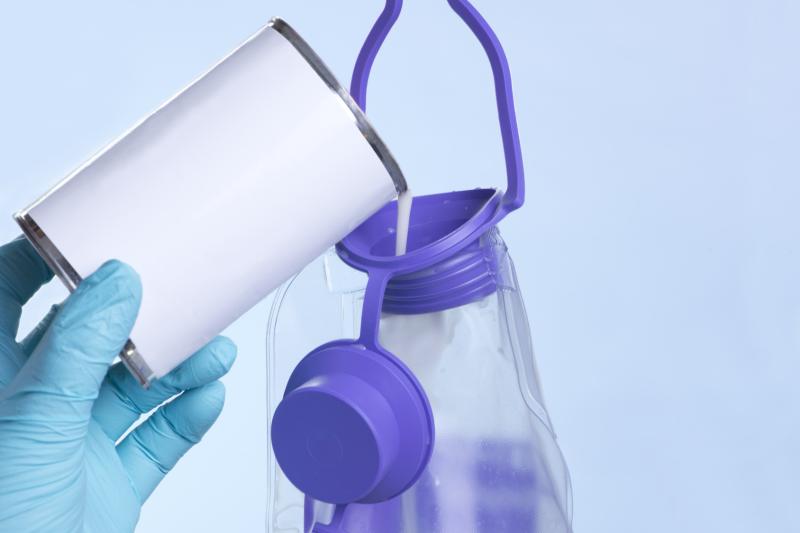
Early enteral nutrition (EEN) speeds up the recovery of gastrointestinal function after laparoscopic common bile duct exploration (LCBDE), according to a study. However, EEN also increases complications such as diarrhoea and abdominal distension.
“It is recommended to implement the EEN as early as possible if the patients are reasonably expected to have high compliance,” the investigators said.
One hundred patients with postoperative LCBDE from January 2014 to April 2017 were selected and randomly assigned to either EEN or control group. Patients in the active intervention group were fed with EEN 3 h after LCBDE, while those in the control group received traditional management with regular diet when tolerated. The investigators assessed and compared patient characteristics, time to first flatus, complications, hospitalization stay and hospitalization expenses between the two groups.
EEN resulted in improved gastrointestinal function, as shown by reduced time to first flatus when compared with the control group (p=0.00). The quick recovery of gastrointestinal function led to shorter stay in the hospital for the EEN group (p=0.00), but there was no significant difference shown in terms of hospitalization expenses.
In contrast, early oral feeding resulted in higher occurrence of abdominal distension and diarrhoea complications (p=0.00 and p=0.03, respectively).
“Protocols for enhanced recovery after surgery (ERAS) provide comprehensive and evidence-based guidelines to improve perioperative care,” the investigators said. “It remains elusive whether EEN will play an active role in the ERAS protocols.”
LCBDE is a safe and efficient procedure for the treatment of patients with bile duct stones.